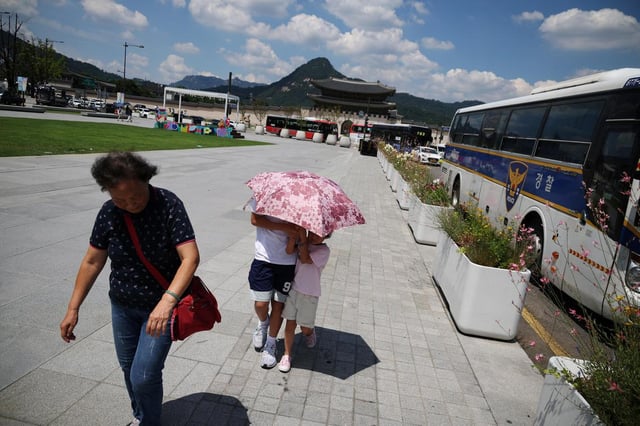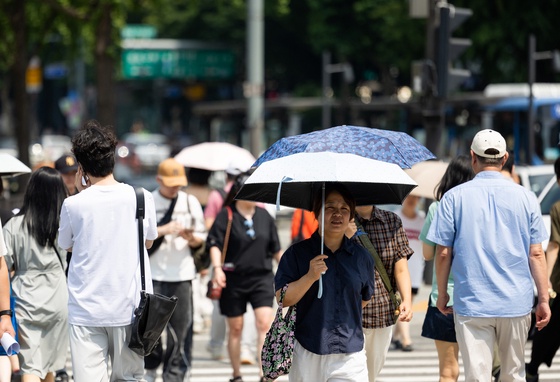Overview
- From May 20 to July 25, 11 suspected heat-related fatalities nearly triple last year’s count, and health agencies logged almost 2,200 heat illnesses in the same period.
- Gwangju reached 41.3 °C on July 26 and tropical nights in Seoul have kept overnight lows above 26 °C, straining hospitals and emergency services.
- The Korea Meteorological Administration predicts daily highs above 35 °C will persist through July 31 due to overlapping Pacific and Tibetan high-pressure systems.
- Torrid heat combined with mid-July downpours has damaged crops and sent cabbage prices up over 50 percent and spinach by more than 153 percent.
- Interior Ministry data indicate electric grid capacity can meet the peak 81.5 GW demand expected during evening hours this week.



